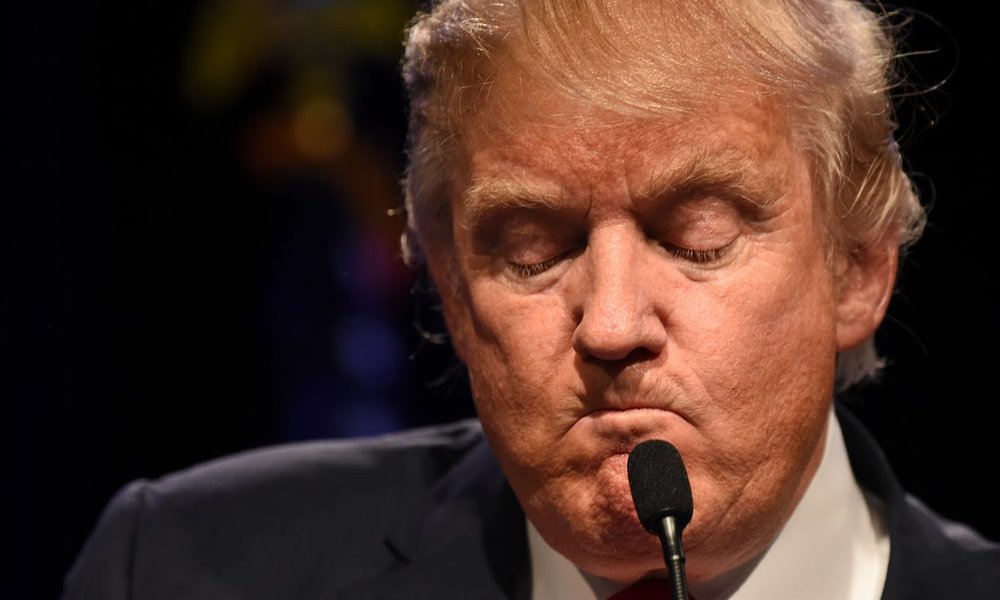Trump’s loose talk on North Korea

As a candidate, Donald Trump seemed to pay no more attention to North Korea’s accelerating nuclear weapons program, which his predecessor has warned is America’s most urgent threat, than he did to other complex foreign policy issues.
Now he is paying attention, but not in a helpful way. Trump's intemperate talk is adding to regional tensions, unnerving allies and likely reinforcing North Korea’s longstanding fear that it could one day be attacked by America — the very reason North Korea invested in a nuclear arsenal in the first place.
It would be risky for. Trump to let overconfidence and bombast, expressed in Tweets and public statements, box him into some kind of showdown with the North’s leader, Kim Jong-un, who has displayed similarly macho traits.
That the weekend came and went without North Korea conducting its sixth nuclear test in a decade was a relief. American and South Korean Intelligence agencies had detected evidence of preparations for such a test and it was assumed the country would go forward on a politically significant date. Saturday was the 105th anniversary of the birth of Kim’s grandfather, who founded the state in 1949.
Instead, Kim displayed an array of military hardware, including three types of long-range ballistic missiles, during a parade in Pyongyang and then did a missile test, which fizzled, perhaps because of an American cyber strike.
The North will almost certainly test another nuclear device in the future. But pressure from China, the North’s main ally and trading partner, which itself is under pressure from Trump, may have helped persuade Pyongyang to postpone that nuclear test for now.
Political temperatures
Political temperatures have been rising. American warships were headed to waters near the Korean Peninsula, a pointed display of military might that was underscored by the Pentagon’s use for the first time of a massive conventional MOAB bomb against the Islamic State (ISIL) in Afghanistan.
Then there were the tweets. In one, on April 11, Trump accused North Korea of “looking for trouble” and warned that “if China decides to help, that would be great. If not, we will solve the problem without them!” That was followed by an NBC News story — hotly denied by the Pentagon — that the administration might strike pre-emptively with conventional weapons. Previous presidents have not taken pre-emptive military action when the North prepared to test because they knew it would not solve the nuclear threat and would invite retaliation against millions of civilians and 28,000 American troops in South Korea.
North Korea followed with its own threats to “go to war — if they choose” and to “hit the U.S. first” with a nuclear weapon if Washington launched a pre-emptive strike. All this inspired a warning from China about “storm clouds gathering” and a plea that all sides should resist pushing things “to the point where it can’t be turned around.”
Trump might be more inclined to listen to China if, as he has asked, Beijing significantly tightened economic sanctions as a means of persuading the North to curb its nuclear and missile programs. China has reportedly stopped buying North Korean coal, and a major government newspaper said that Beijing might curb oil sales, on which the North depends, in the event of another test. Meanwhile, however, China’s overall trade with the North has expanded.
What’s missing in the White House is a coherent strategy, something beyond statements and asking China for help. Trump needs to be firm, not reckless in his talk, ratchet up sanctions and find a way to engage the North in negotiations. Peace and security in Asia, as well as the relationship between Washington and Beijing, depend heavily on whether Trump and President Xi Jinping of China can together manage the North Korean threat.
(Source: The NYT)
